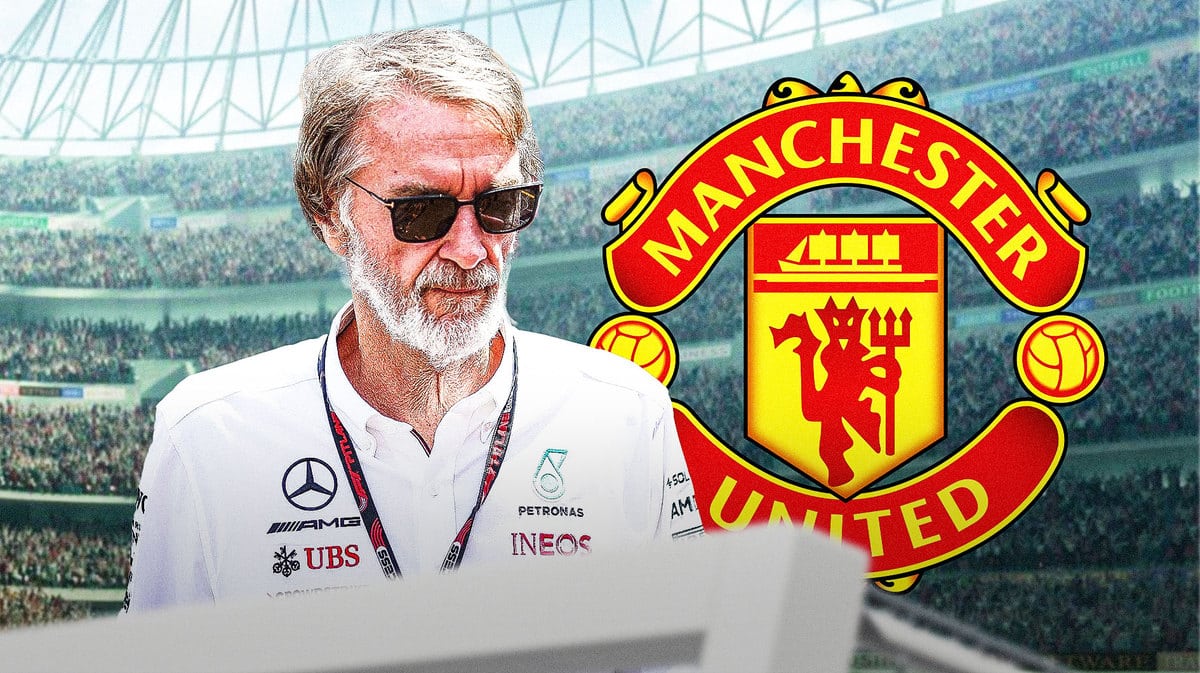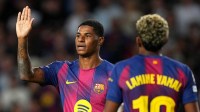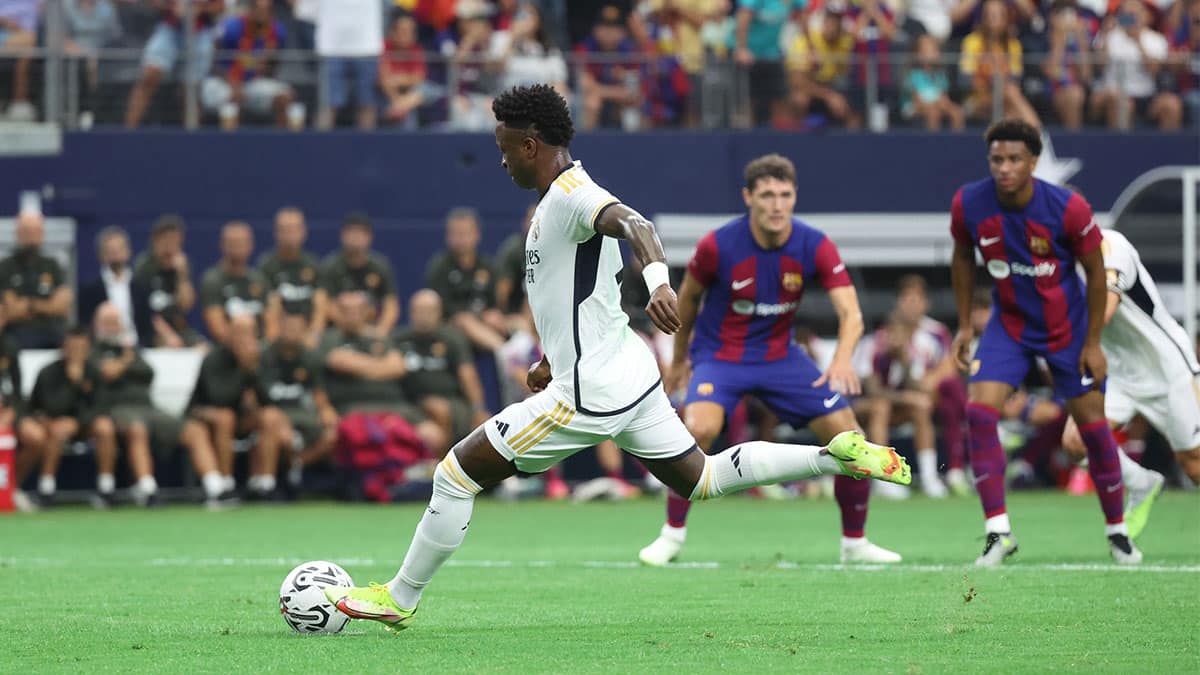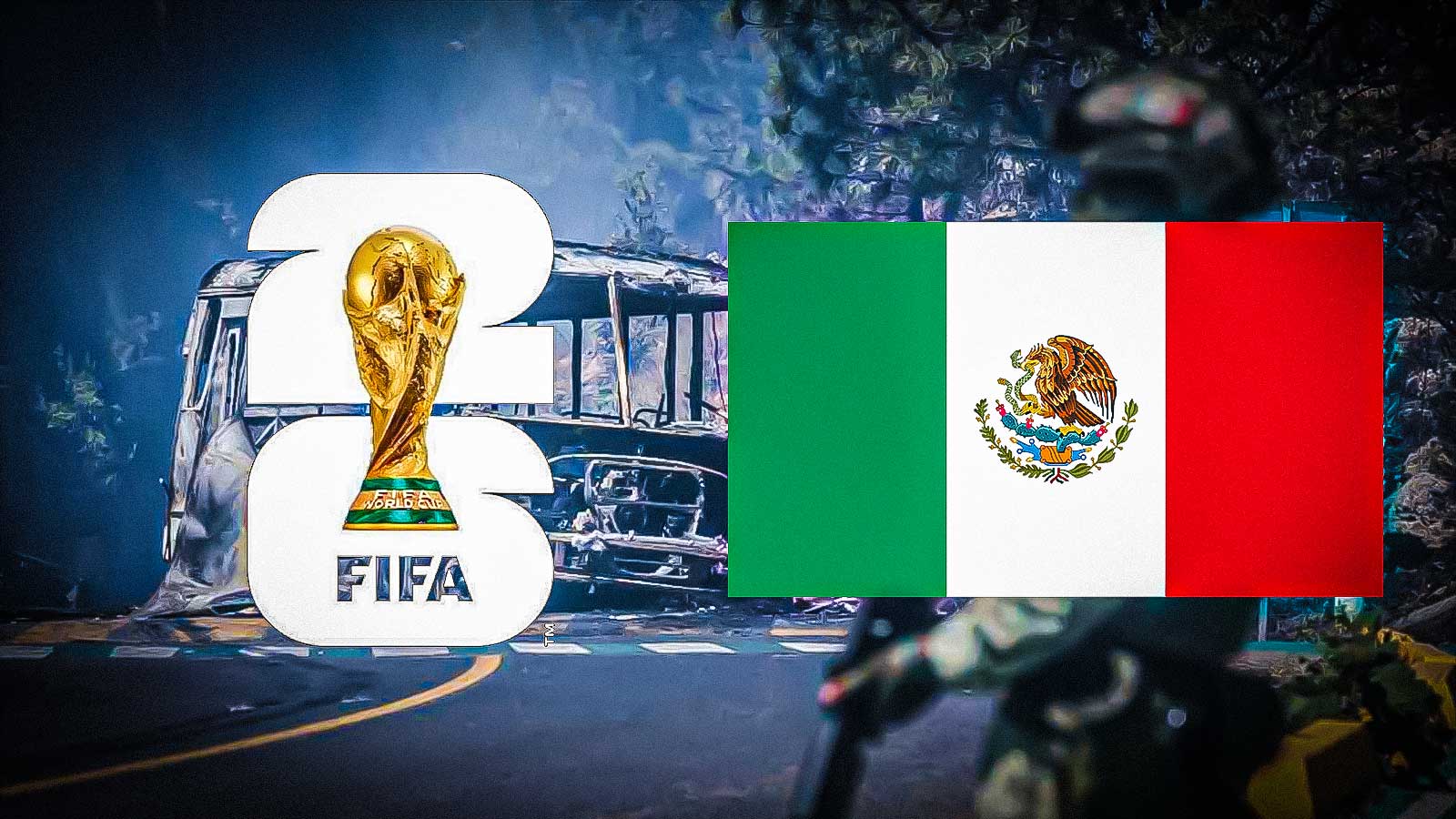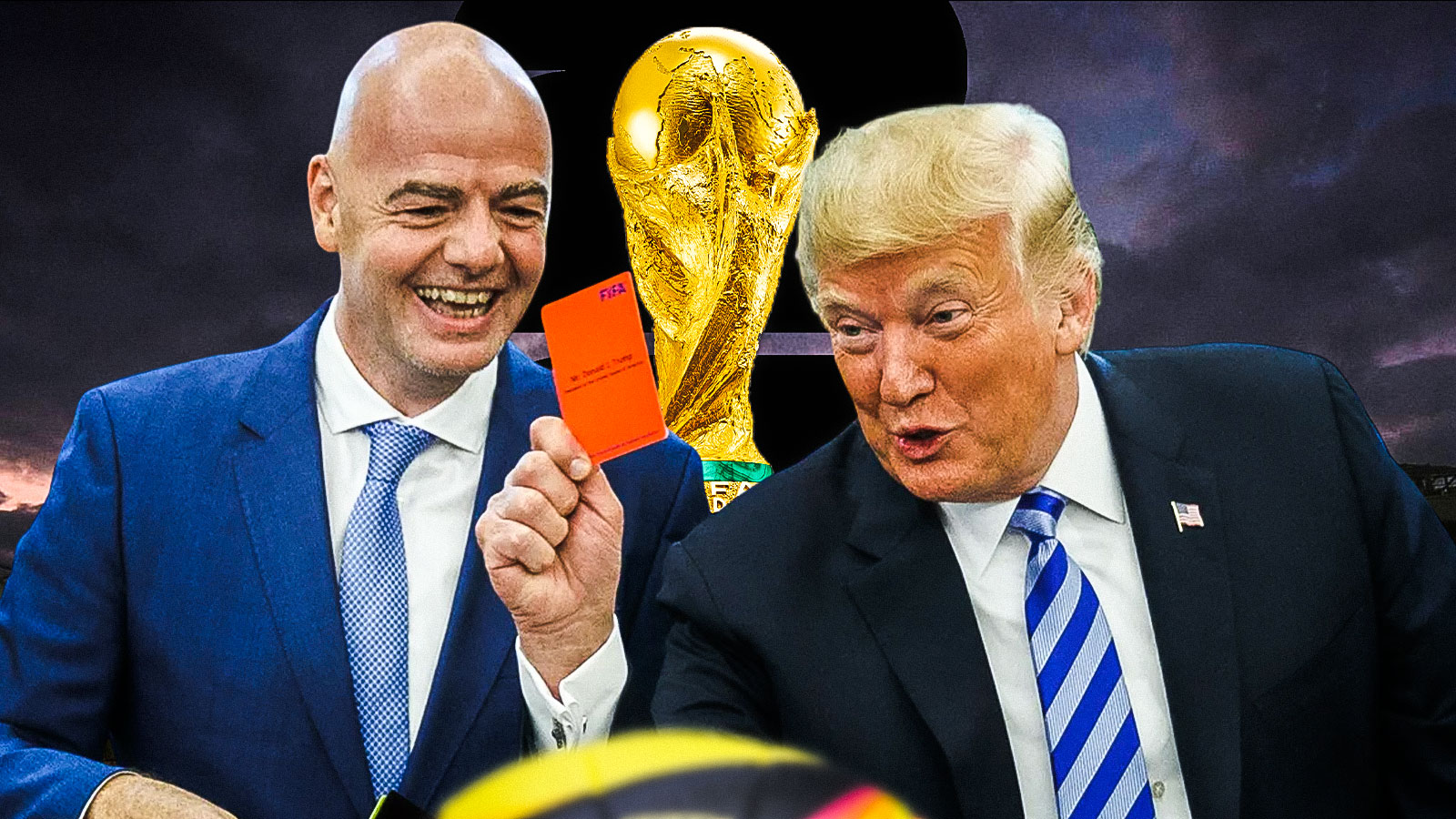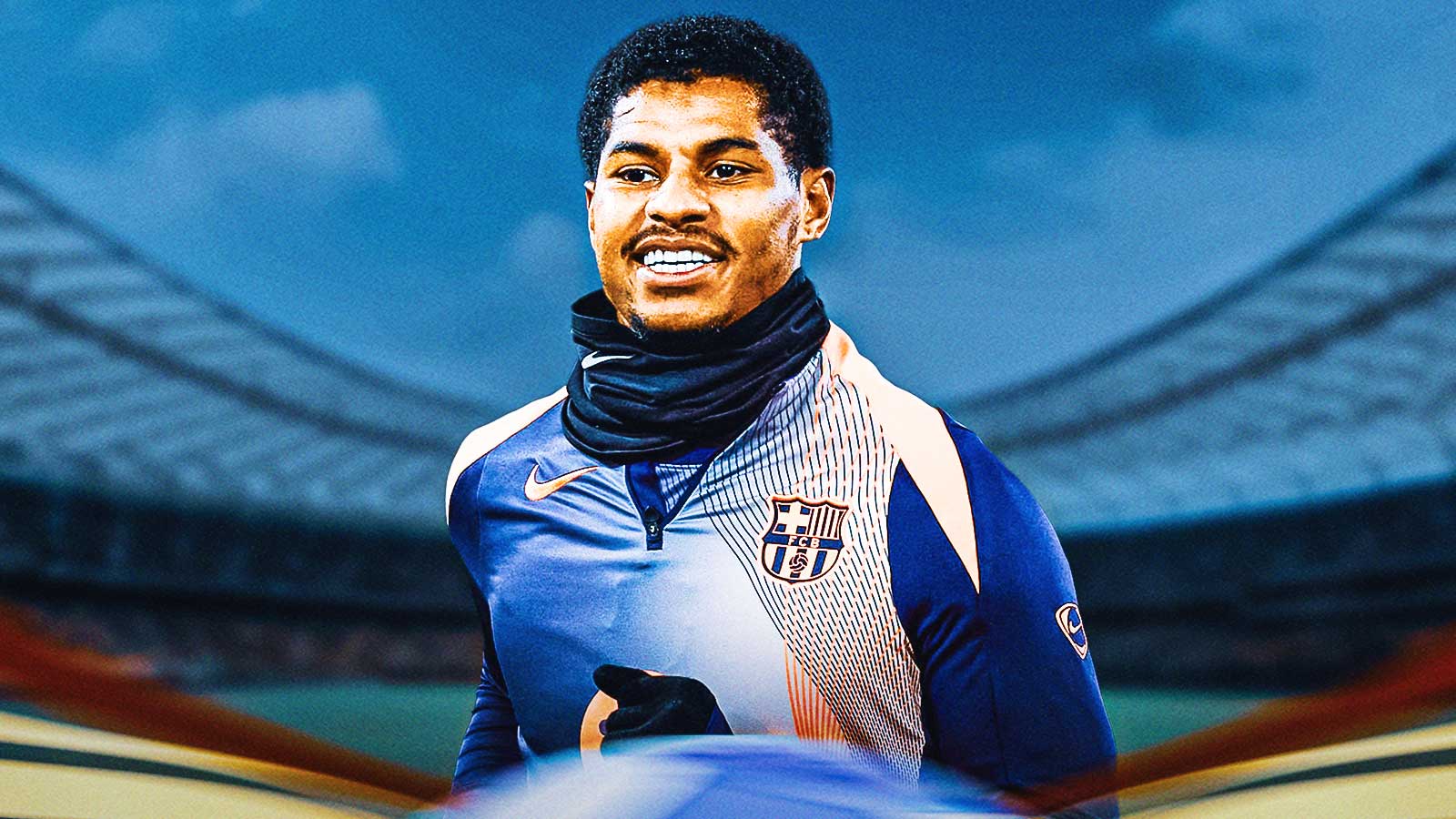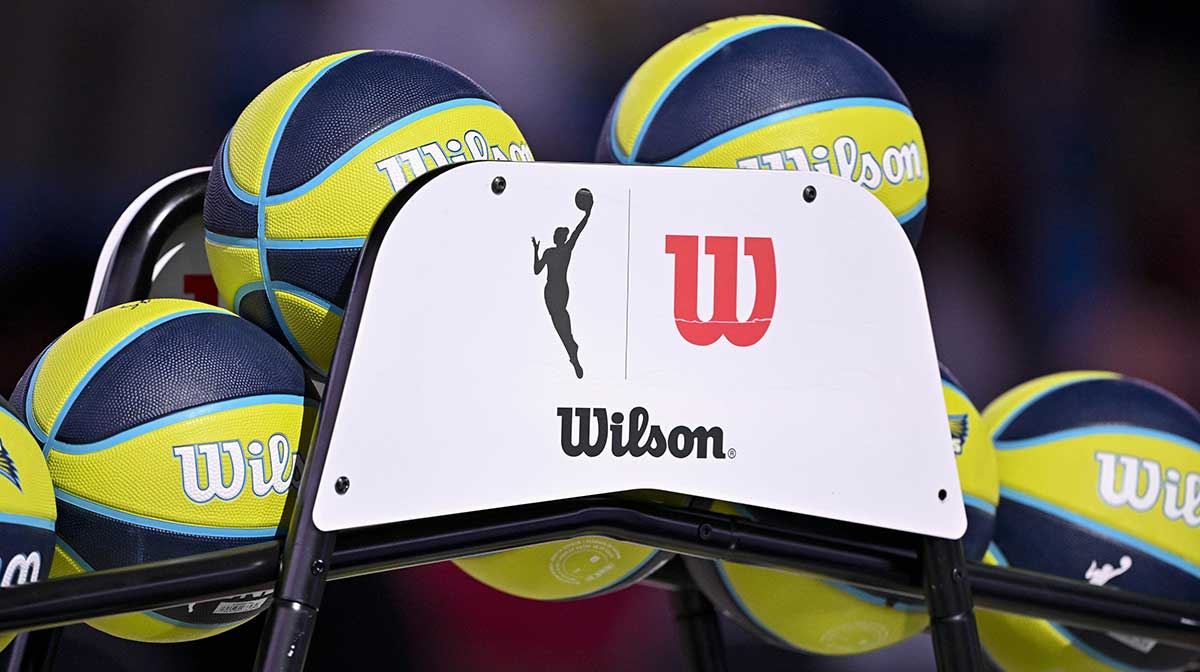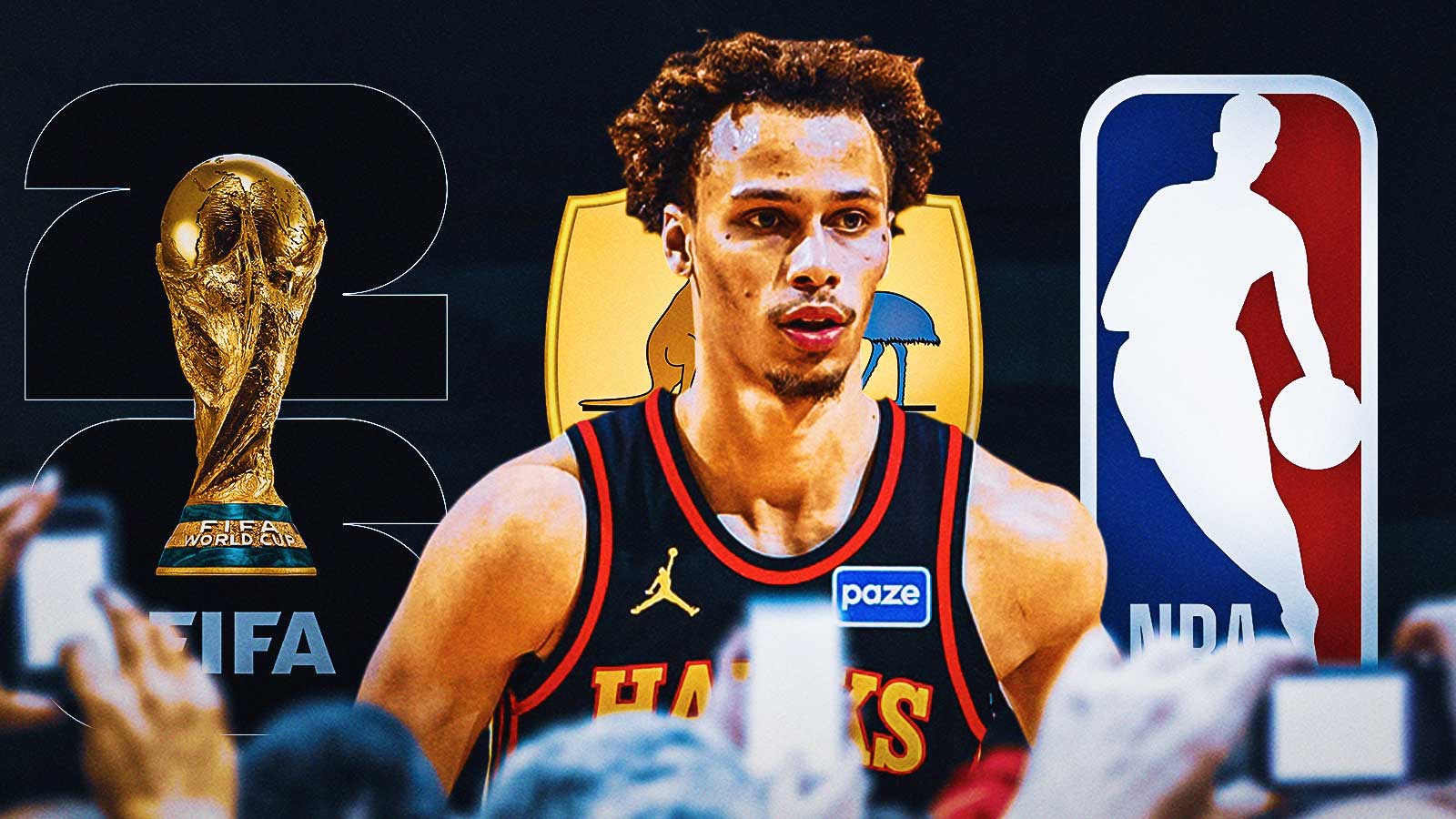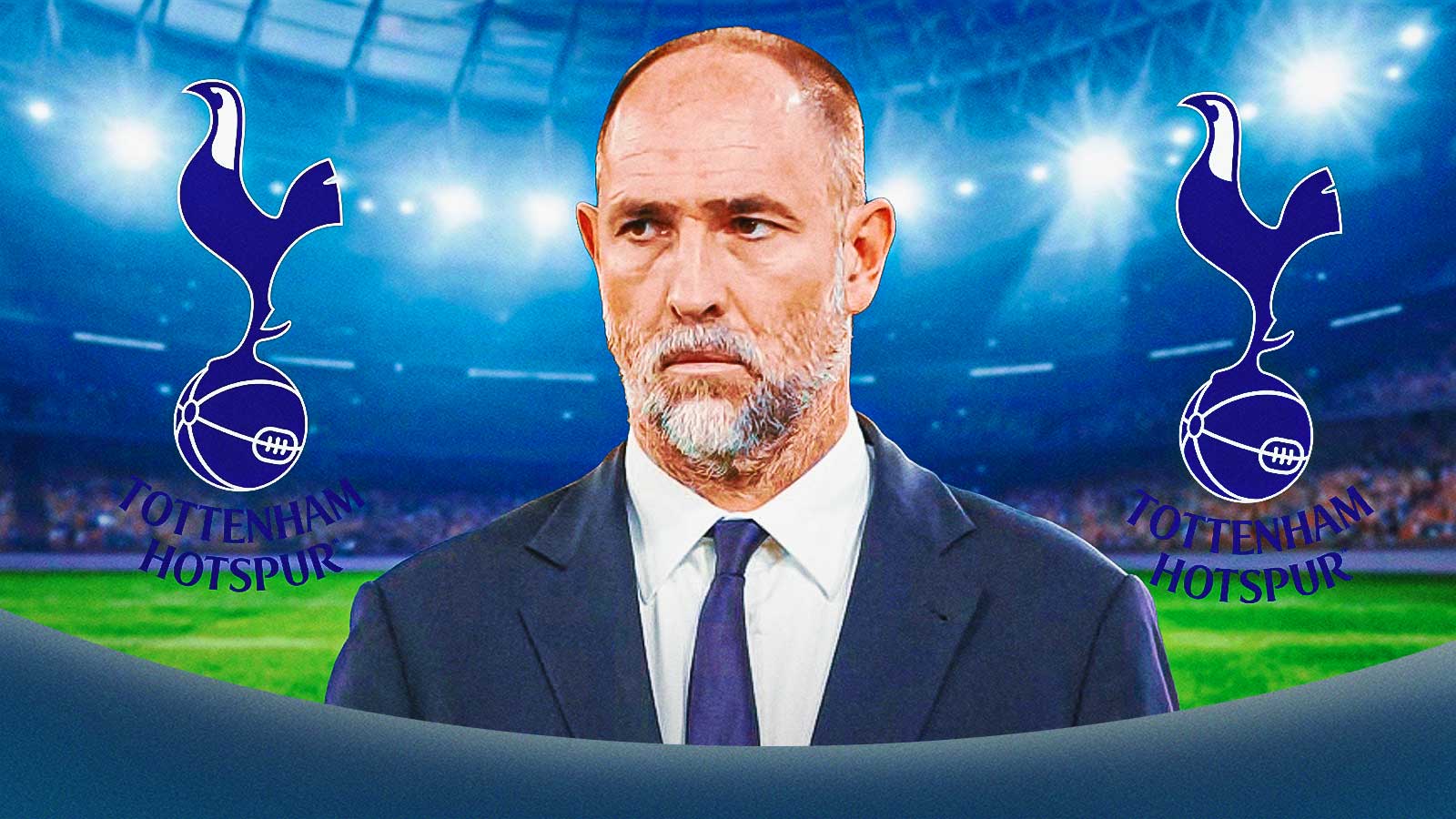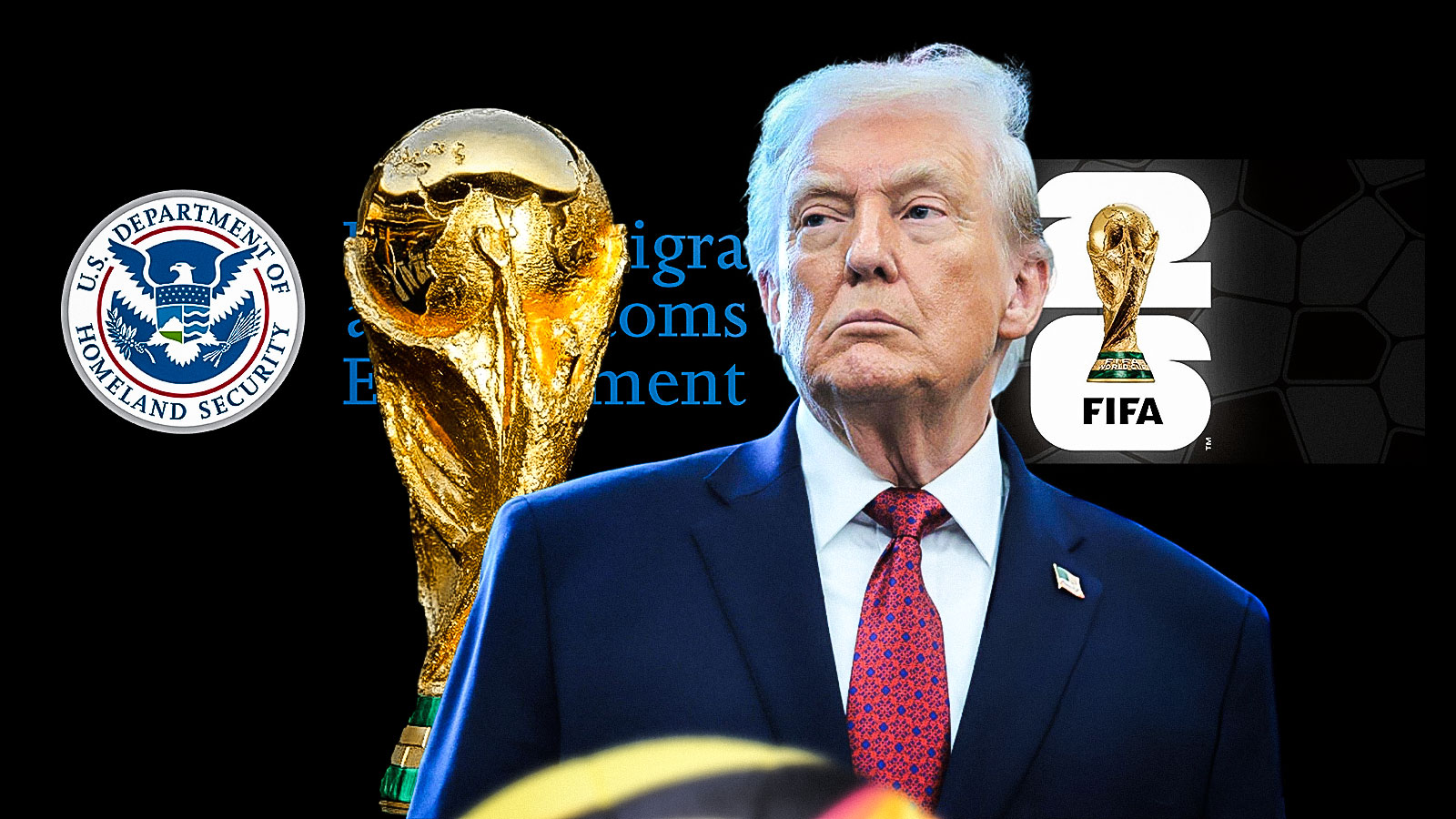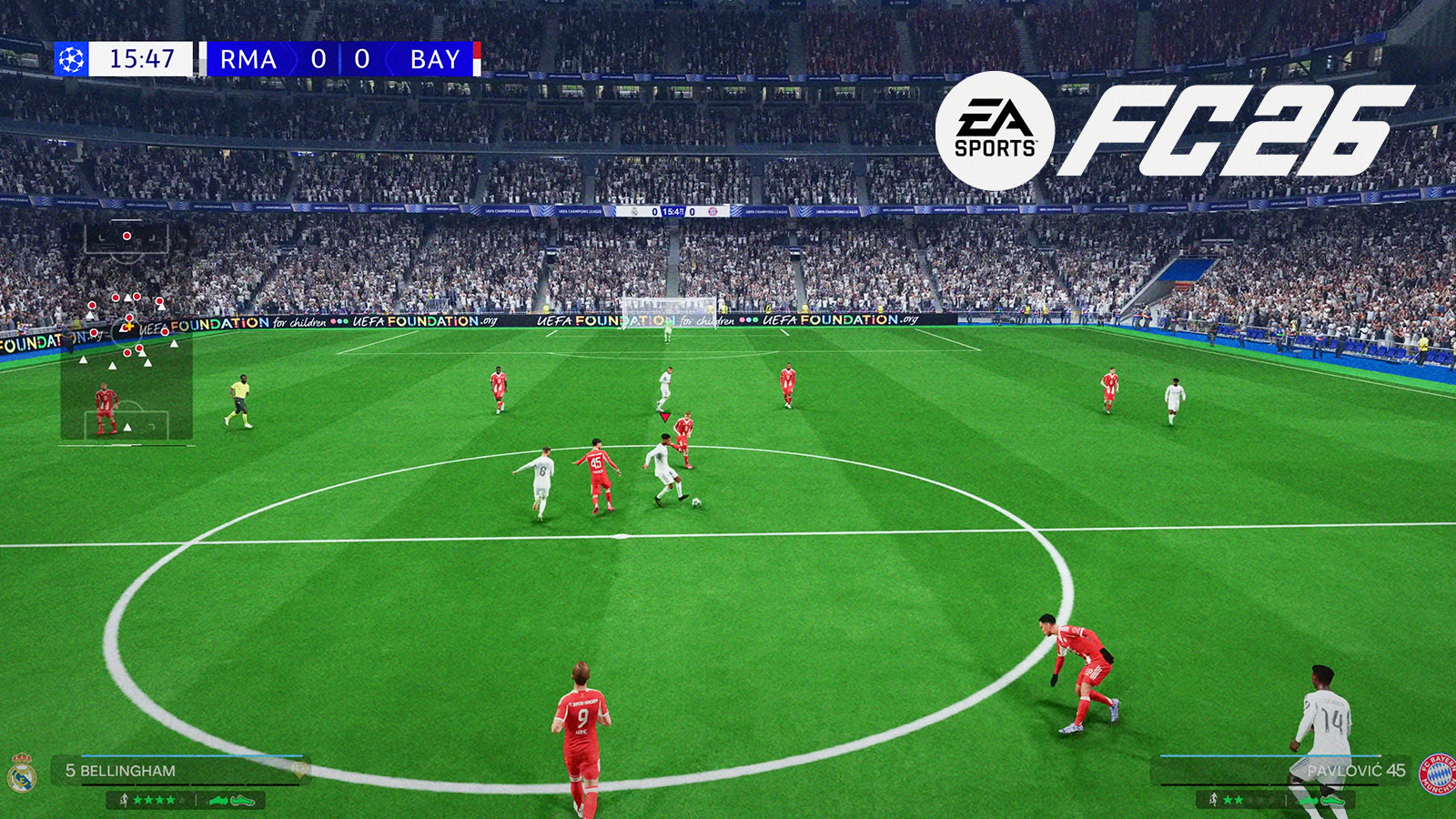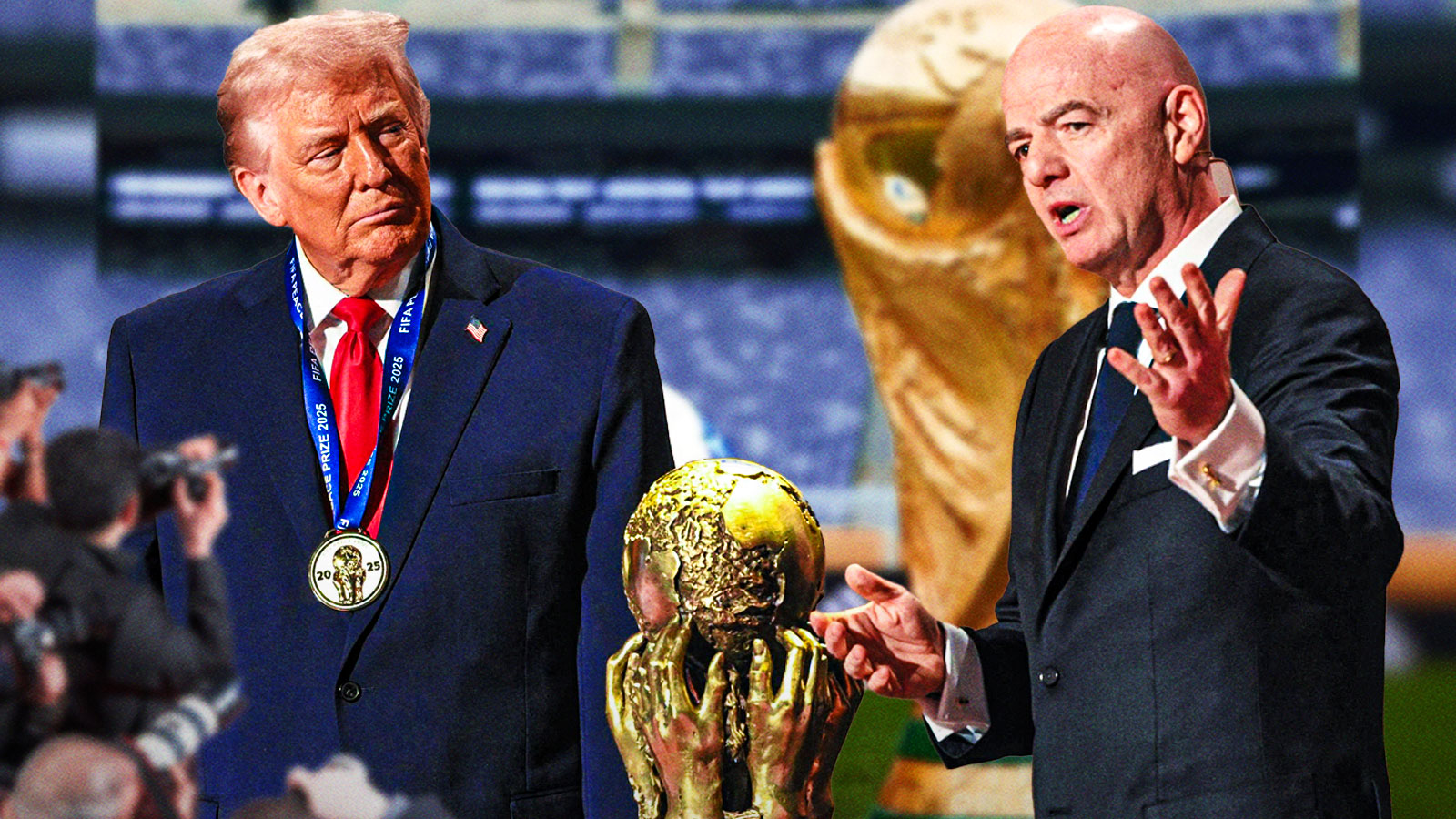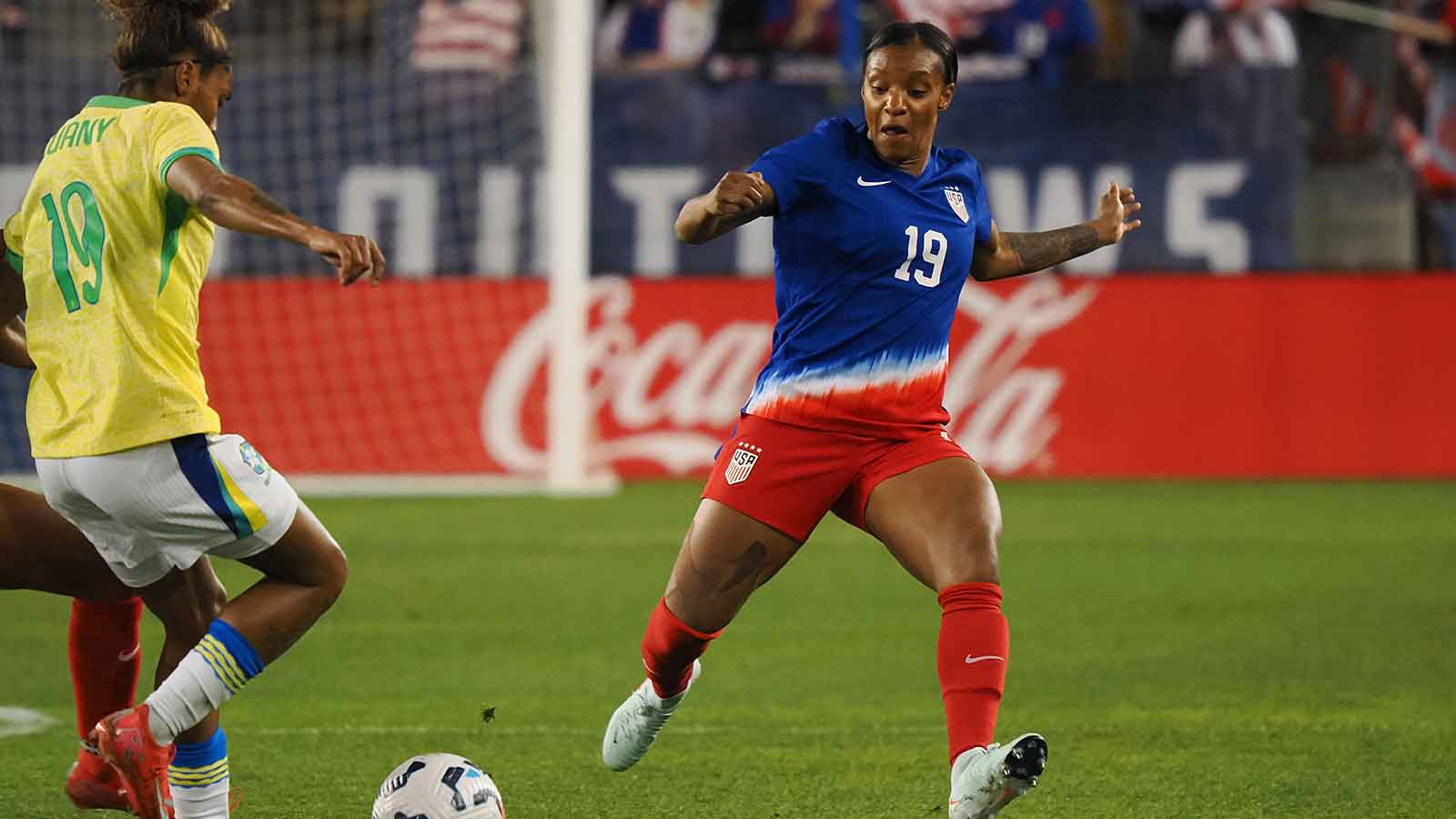Sir Jim Ratcliffe's scrutiny of Manchester United's recent transfer policy has sparked a significant discussion in football. As the prospective new minority owner, Ratcliffe's remarks on the club's approach to player recruitment have raised eyebrows and intrigue, especially considering his potential influence over the club as a 25% shareholder. The key issue in Ratcliffe's critique is the balance between commercial operations and squad investment.
During his visit to Manchester United in March, Ratcliffe questioned the wisdom of some recent signings, singling out the acquisition of Casemiro the previous summer as an example of what he perceives as questionable recruitment. Casemiro arrived from Real Madrid for €60 million at age 30 and was handed a four-year contract with a weekly wage of around £350,000. While the Brazilian midfielder enjoyed a remarkable debut season, including a goal in the Carabao Cup final win over Newcastle, his form has dipped in the current season.
In contrast, Ratcliffe drew attention to his club, Nice, which made over ten signings during the same period. Notably, they brought in players like Aaron Ramsey, Kasper Schmeichel, and Ross Barkley on relatively low-risk deals. Schmeichel, at 35, joined on a three-year contract for a modest £1 million from Leicester, while Ramsey and Barkley, then 31 and 28, respectively, were signed on free transfers with one-year contracts. All three players subsequently left Nice at the end of the season.
Ratcliffe's assessment questions the club's approach to player recruitment, especially in contrast to his experiences at Nice. His views could have ramifications for the futures of Richard Arnold and John Murtough. As the chief executive of Manchester United, Arnold is responsible for recruitment, while Murtough, as the football director, plays a crucial role in identifying potential targets.
As Ratcliffe's bid to purchase a 25% stake in Manchester United awaits an essential board meeting decision, his opinions on squad investment, recruitment, and control over the football department will undoubtedly remain at the forefront of discussions surrounding the club's future. It remains to be seen how Manchester United's hierarchy and fans respond to Ratcliffe's calls for improved investment in the squad and more prudent player recruitment.

